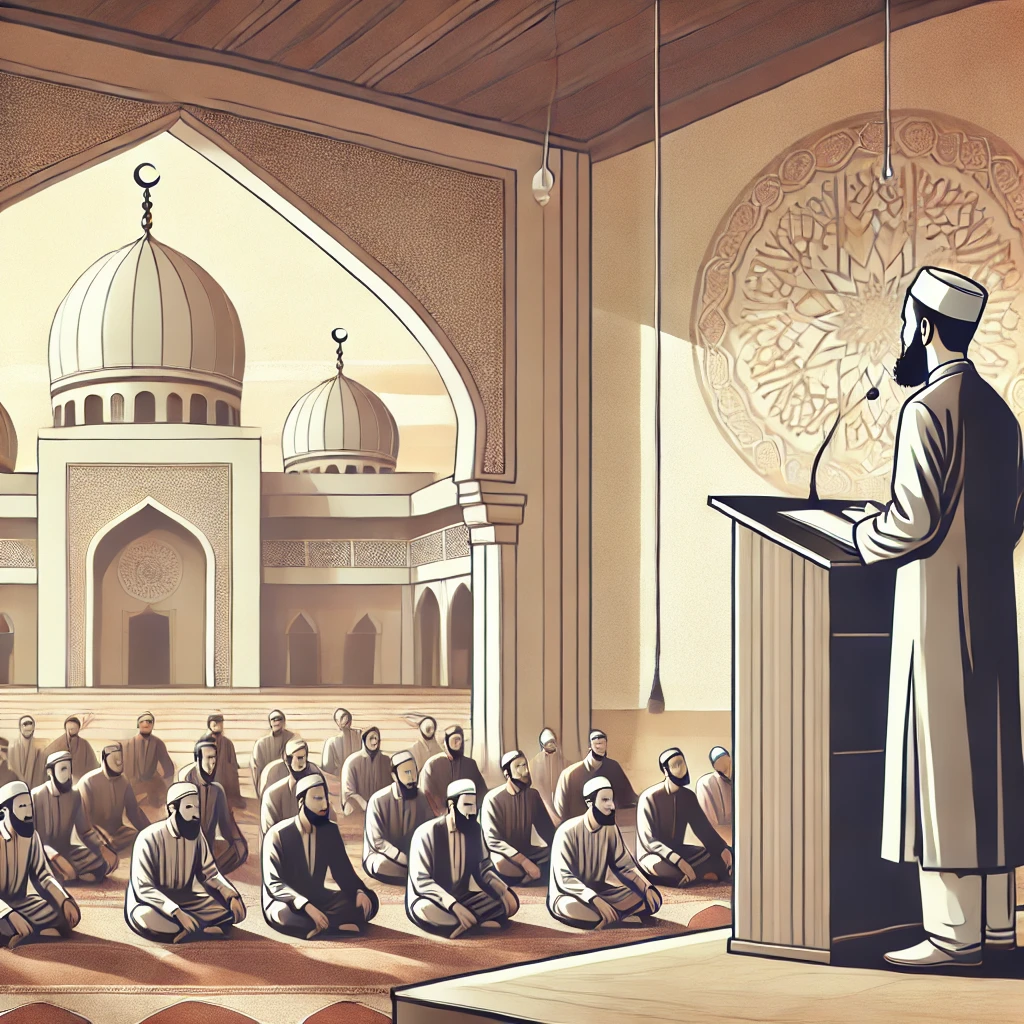The Role of a Mosque Prayer Leader (Imam) in the United States: A Story of Community and Leadership

In the heart of every mosque is a figure who leads prayers, guides the congregation, and often serves as a spiritual anchor for the community—this person is known as the Imam, or mosque prayer leader. In the United States, where Muslim communities are diverse and spread across the country, the role of an Imam is crucial not only for leading prayers but also for fostering a sense of unity and providing guidance in a multicultural society.
What Does a Mosque Prayer Leader Do?
The primary role of an Imam is to lead the five daily prayers (Salah) and the special Friday prayer (Jumu’ah) in the mosque. However, their responsibilities often extend far beyond these duties. Imams are typically involved in:
- Providing spiritual guidance: Offering advice and counseling to community members on religious, social, and personal matters.
- Teaching: Leading Quranic studies, Islamic education classes, and offering sermons that address contemporary issues from an Islamic perspective.
- Community Leadership: Organizing and participating in community events, interfaith dialogues, and social services.
The Story of Imam Jamal: A Beacon of Hope in Chicago
To better understand the impact of a mosque prayer leader in the United States, let’s take a look at the story of Imam Jamal, a beloved leader in a Chicago mosque.
Imam Jamal, originally from Palestine, moved to the United States in the late 1990s. His journey to becoming an Imam was not an easy one. He worked various jobs while studying Islamic theology in his spare time, driven by a deep passion for his faith and a desire to serve the Muslim community in America.
When he was appointed as the Imam of a mosque in Chicago’s diverse neighborhood of Little Village, he faced the challenge of bringing together a congregation that included Muslims from different cultural and ethnic backgrounds. Imam Jamal quickly realized that his role was not just about leading prayers but also about unifying and guiding a community that faced challenges unique to the American Muslim experience.
One of his most significant contributions was establishing a youth program that provided Islamic education, mentoring, and recreational activities for young Muslims. This initiative was particularly impactful because it addressed the needs of second-generation American Muslims, who often found themselves caught between the values of their parents’ culture and the broader American society.
Imam Jamal also played a key role in interfaith initiatives, building bridges with other religious communities in Chicago. His efforts led to joint community service projects and interfaith dialogues, fostering understanding and cooperation in a time when Islamophobia was on the rise.
The Impact of Imams in the United States
Imams like Jamal are not just religious leaders; they are pillars of their communities. In the United States, where Muslims are a minority, Imams often take on the role of advocates for their communities, addressing issues such as discrimination, social justice, and interfaith relations. They provide a sense of belonging and identity for American Muslims, helping them navigate the complexities of life in a multicultural society.
Imams also play a crucial role in educating non-Muslims about Islam, thereby breaking down stereotypes and fostering mutual respect. This is particularly important in the current climate, where misinformation about Islam can lead to prejudice and misunderstanding.
Becoming an Imam in the United States
The path to becoming an Imam in the United States varies. Some Imams are trained in Islamic seminaries overseas, while others pursue religious education domestically. Many Imams hold degrees in Islamic studies, theology, or related fields, and some may also have secular education, which helps them address the unique challenges faced by Muslims in America.
The demand for well-trained Imams is growing in the United States, particularly in cities with large Muslim populations. As the Muslim community continues to grow and evolve, so too will the role of the Imam, making it a vital and dynamic position within American society.
Conclusion
The role of the mosque prayer leader, or Imam, is central to the spiritual and communal life of Muslims in the United States. Through their leadership, education, and outreach efforts, Imams help foster strong, resilient communities that can navigate the challenges of modern life while staying true to their faith.
As the story of Imam Jamal illustrates, the work of an Imam can have a profound impact on the lives of individuals and the broader community. Whether you’re a member of the Muslim community or simply interested in learning more about Islam, understanding the role of the Imam is key to appreciating the rich tapestry of religious life in the United States.
At discovermymosque.com, we continue to highlight the importance of Imams and mosques in creating vibrant, supportive communities. Explore our resources and connect with us to learn more about the beautiful mosques and inspiring leaders in your area.


